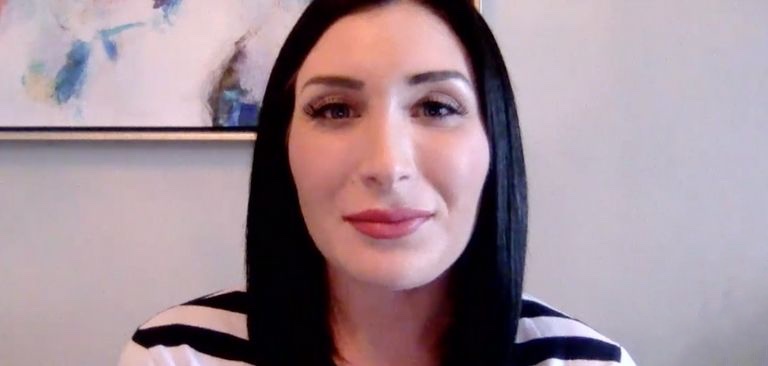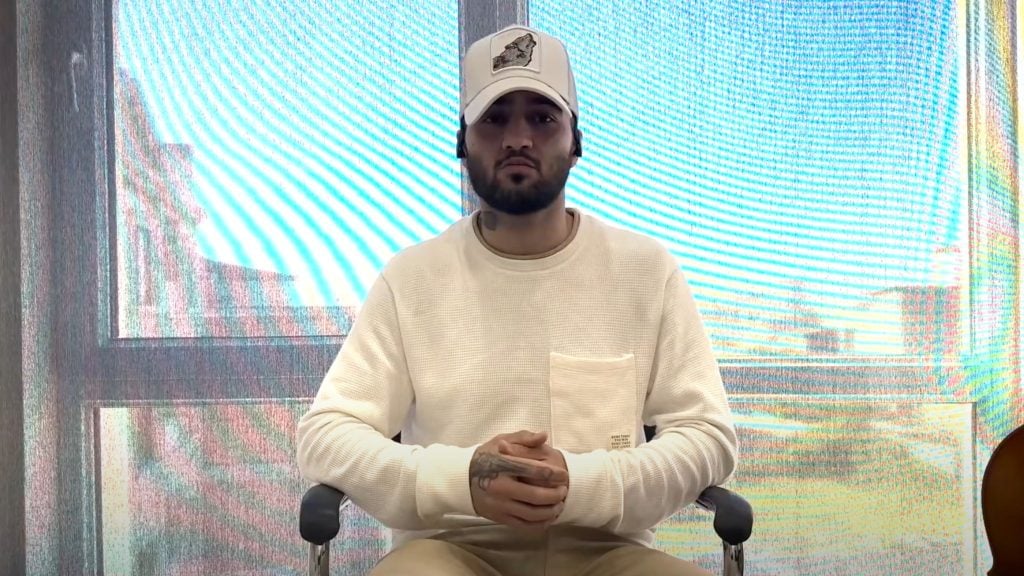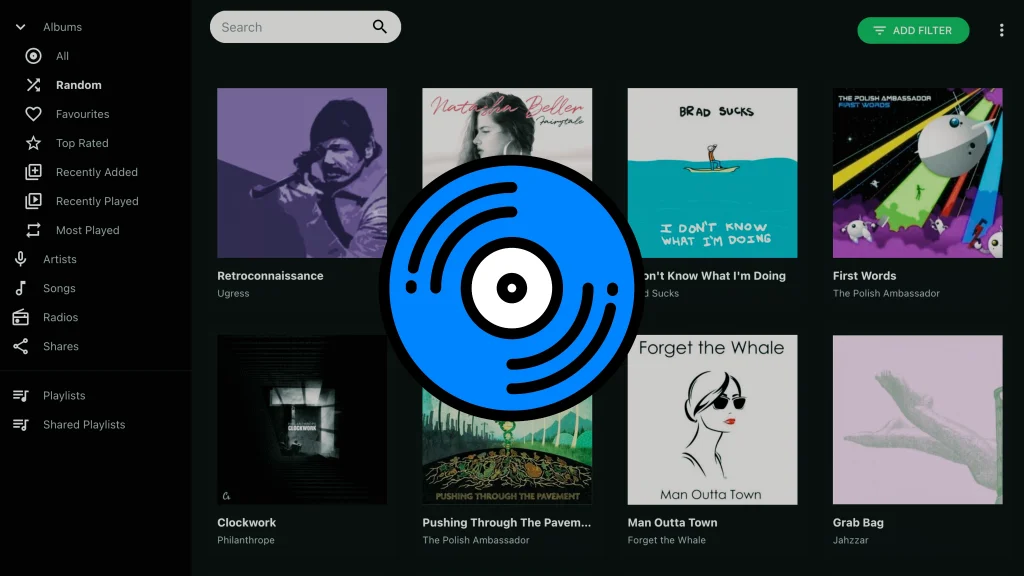Laura Loomer, congressional candidate for Florida’s 21st Congressional District, has raised the alarm on the relationship between Big Tech companies and human rights violations in China.
Loomer – who is one of America’s most censored individuals and is banned from Twitter, Facebook, Instagram, Medium, GoFundMe, Venmo, PayPal, Lyft, Uber, and more – knows a thing or two about the power of Big Tech.
“…They want to try to kill us in a digital manner by subjecting us to a digital gulag, but look what they’re doing in the countries which they’re outsourcing all of their manufacturing to and then these countries like China where they’re getting all of their executives and people to serve on their board,” Loomer said in an interview with broadcaster Alex Jones.
“They literally have Muslims in concentration camps in China and these Big Tech social media companies are utilizing slave labor from the Muslim Uyghurs to produce their products.
“Nobody’s doing anything about it,” Loomer said. “I completely feel your pain.”
As has become clear during the pandemic, we’ve spent the last four decades shipping manufacturing jobs overseas. Our corporations have been using cheap labor in foreign countries like China to lower costs and increase profit margins.
As it turns out, it’s not just any Chinese that have taken the jobs. It’s often the poorest communities working under harsh conditions and constant surveillance.
The Muslim population of Uyghur living in regions like Xinjiang in the west of China are not just responsible for the technology that we take for granted, they’re also being subjected to the modern equivalent of concentration camps.
More than a million Uyghur over the last four years alone have been detained in prisons and camps; forced to undergo ideological and behavior “re-education”. The Chinese government worries that their vastly different culture, language, and religion could lead to separatist tendencies.
After “graduating” from these camps that teach them “ethnic unity”, the Uyghurs are forced to leave their families and start working in factories like OFILM on the other side of the country in the interior of China.
While other Muslim groups also work in the same factory, the Uyghur are subject to much more scrutiny. They aren’t allowed to pray and can only leave twice a month.
Scholar of Chinese ethnic policy at La Trobe University in Melbourne James Leibold explained the government’s antagonism towards the Uyghur. “They think these people are poorly educated, isolated, backwards, can’t speak Mandarin. So what do you do? You ‘educate’ them, you find ways to transform them in your own image.”
A 2020 report by the Australian Strategic Policy institute estimated that “more than 80,000 Uyghurs were transferred out of Xinjiang to work in factories across China between 2017 and 2019, some of them were sent directly from detention camps” under “conditions that strongly suggest forced labor”.
Apple includes OFILM factories in its list of suppliers. Lenovo also confirmed obtaining screens, cameras and fingerprint scanners from OFILM, and denied knowledge of these conditions. LG and Dell said they had “no evidence” of forced labor in their supply chains but are currently investigating accusations.
Click here to display content from downloads.banned.video
If you're tired of censorship and dystopian threats against civil liberties, subscribe to Reclaim The Net.









